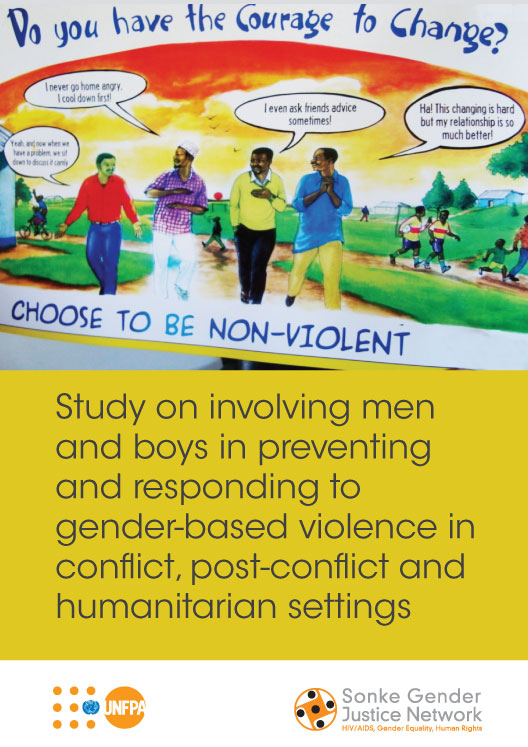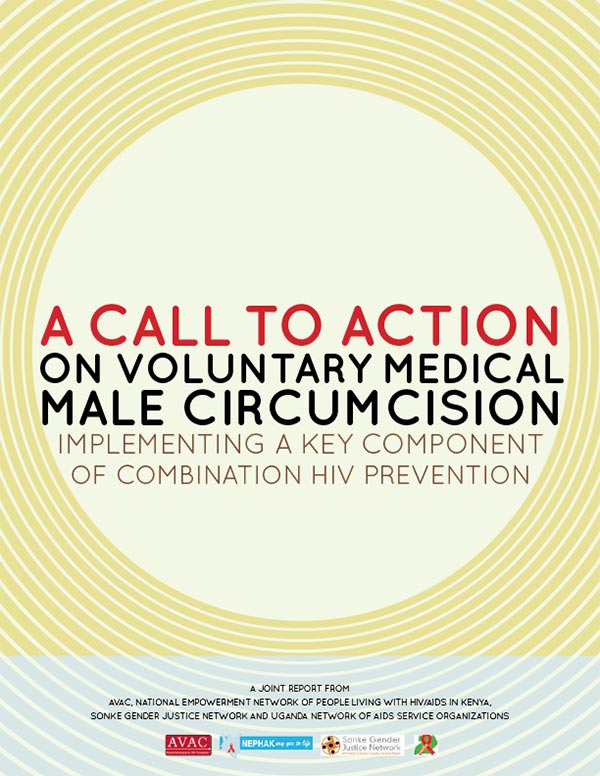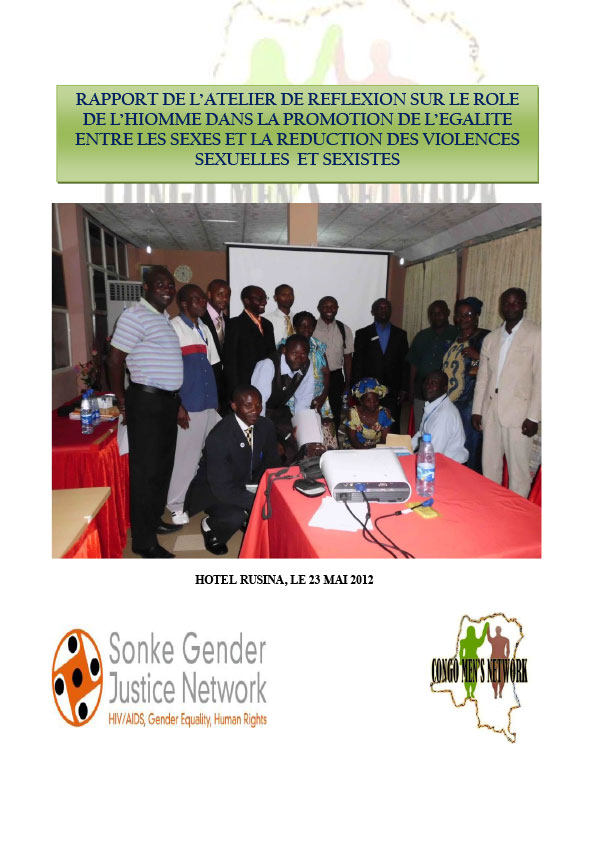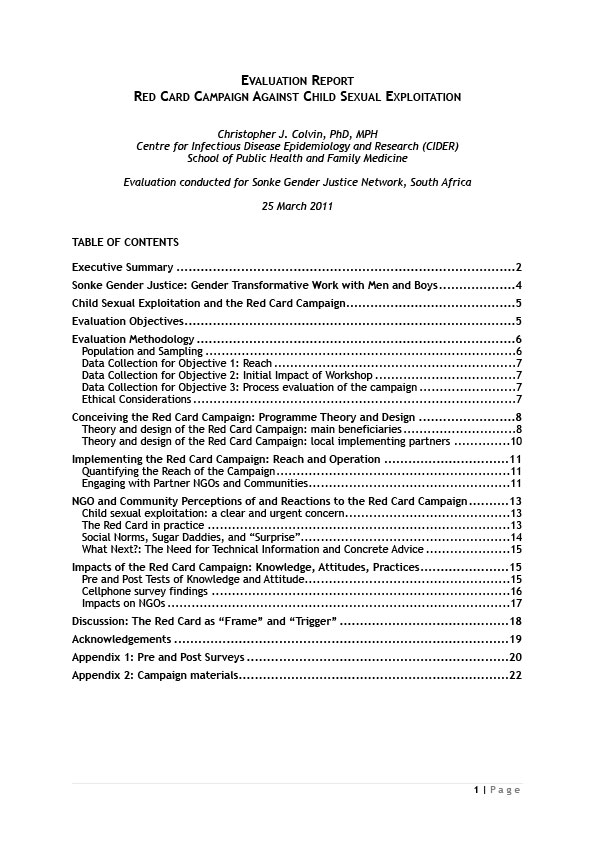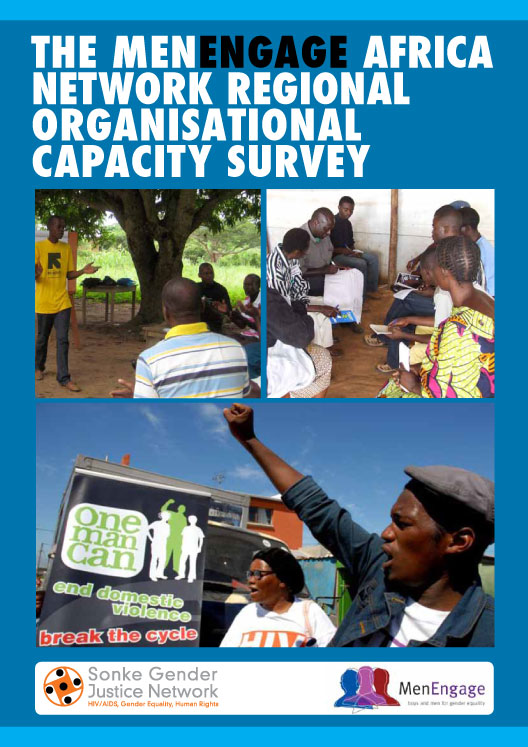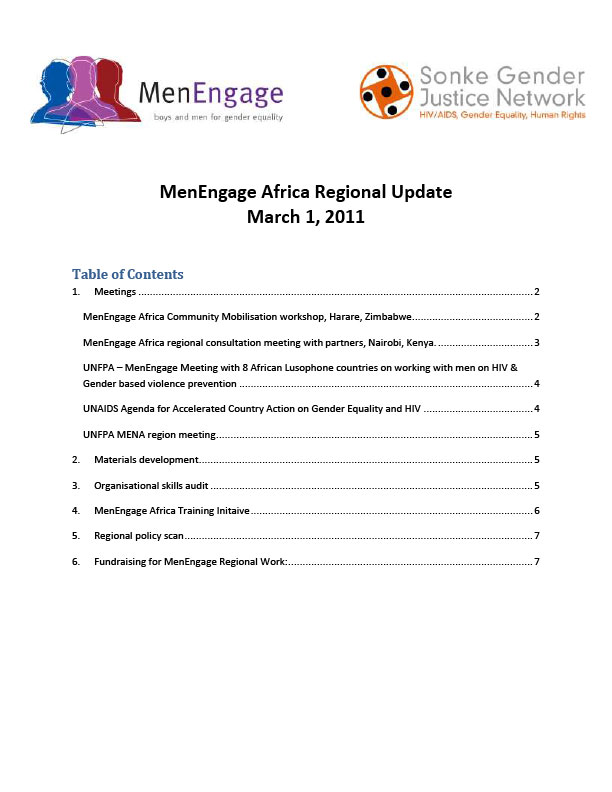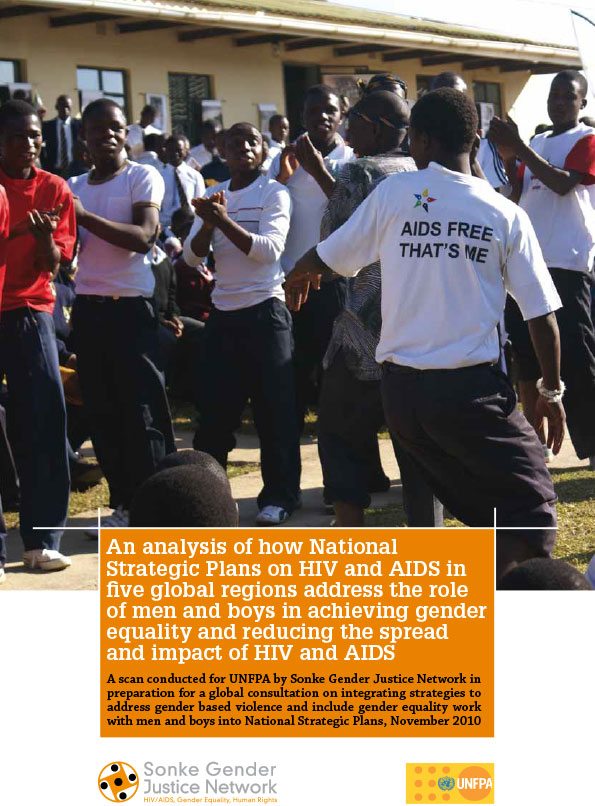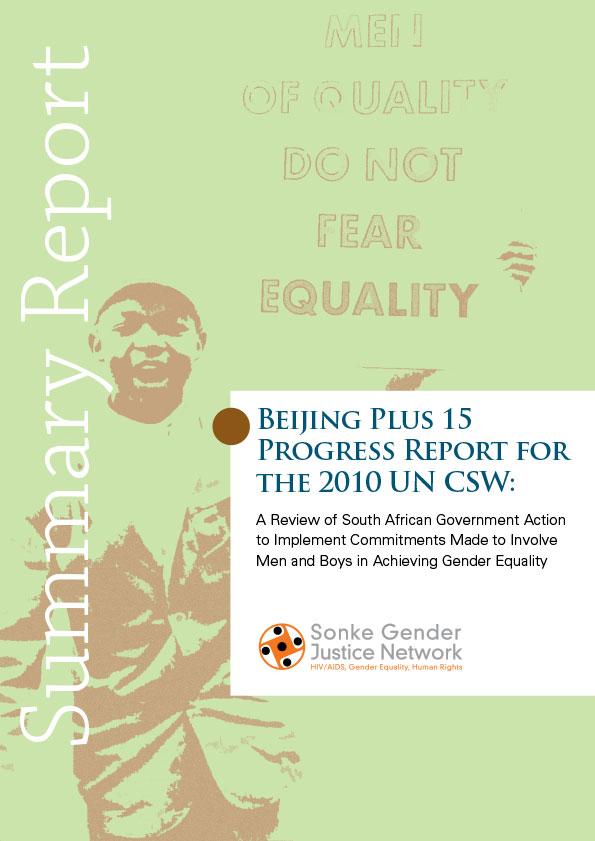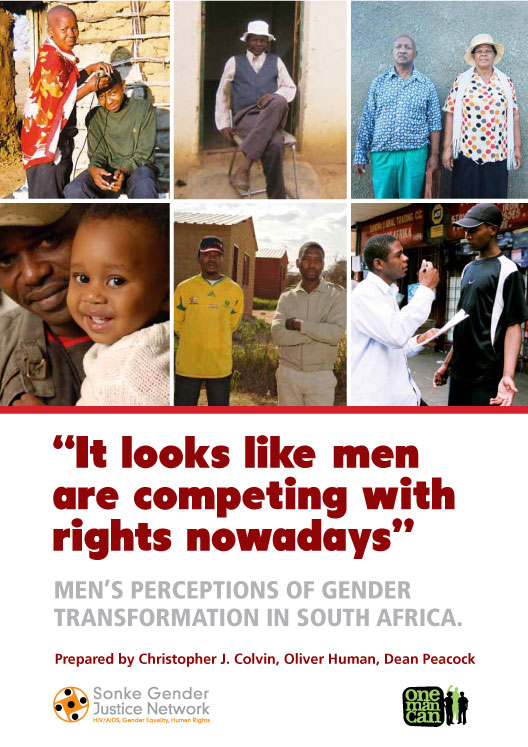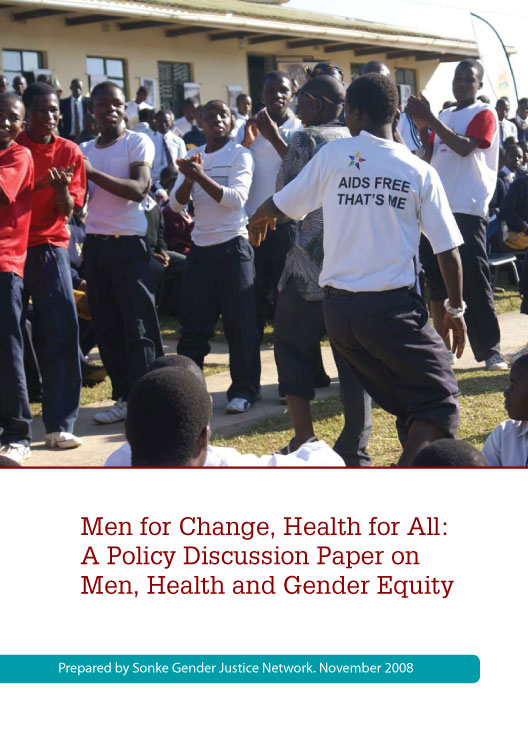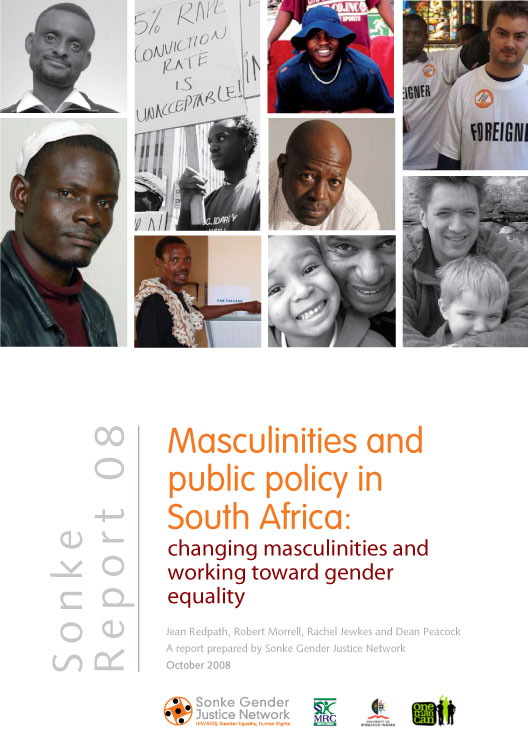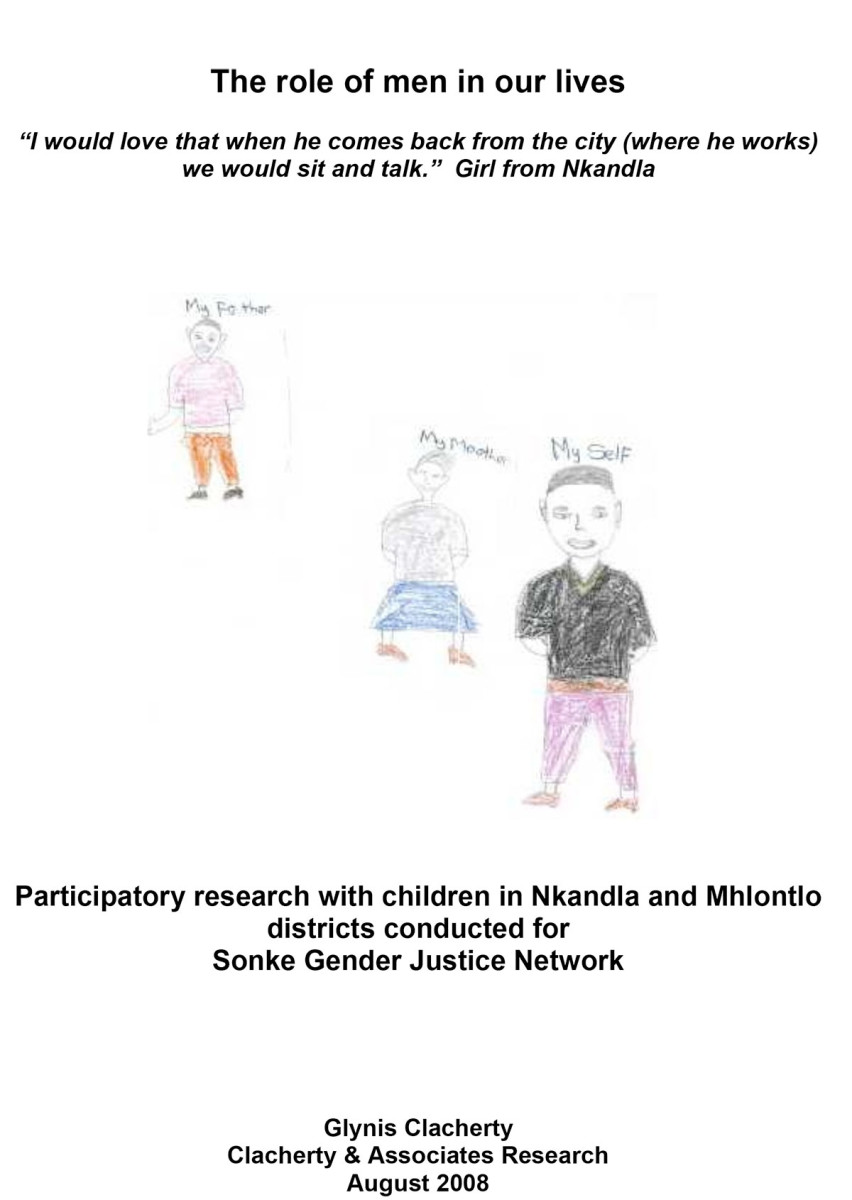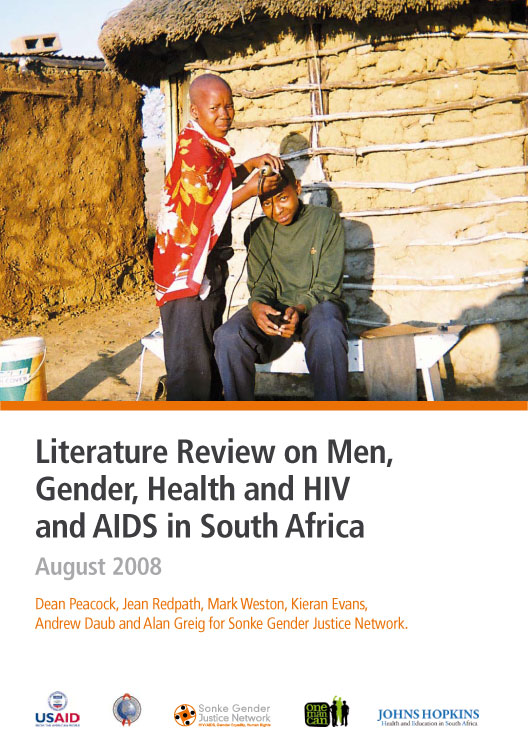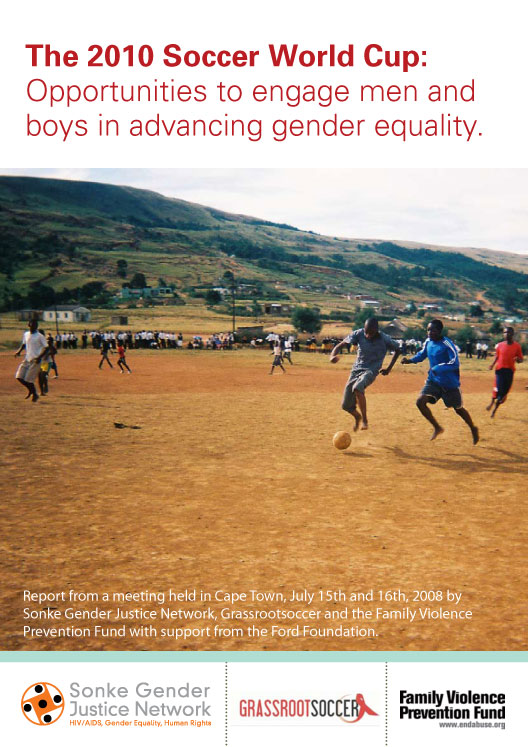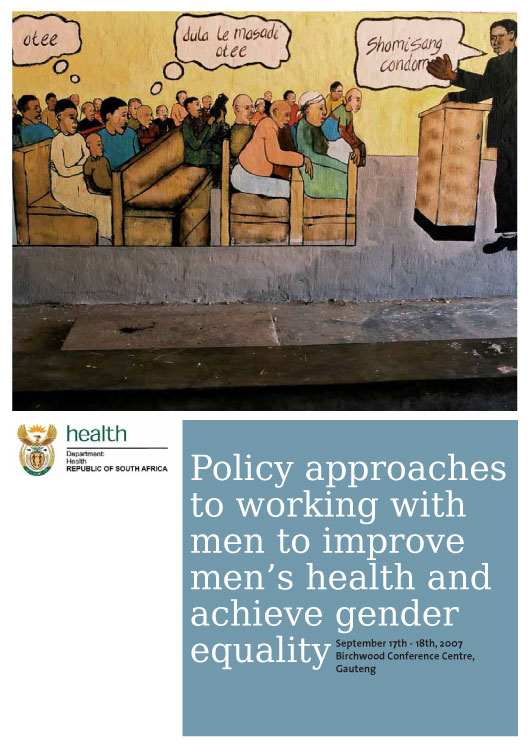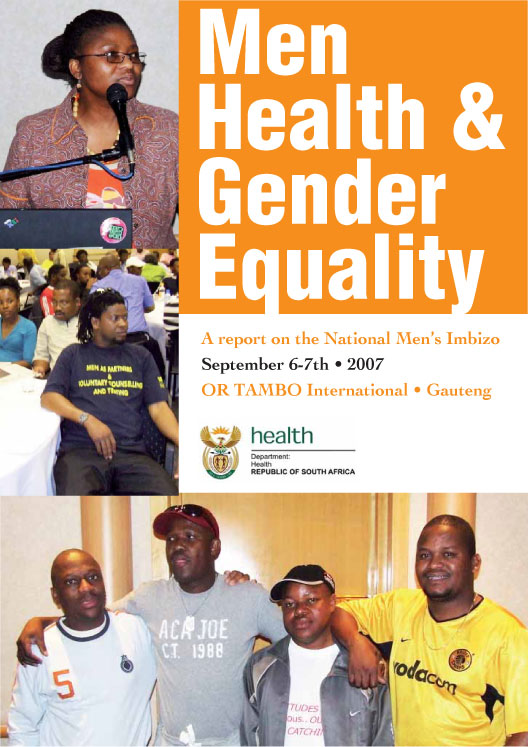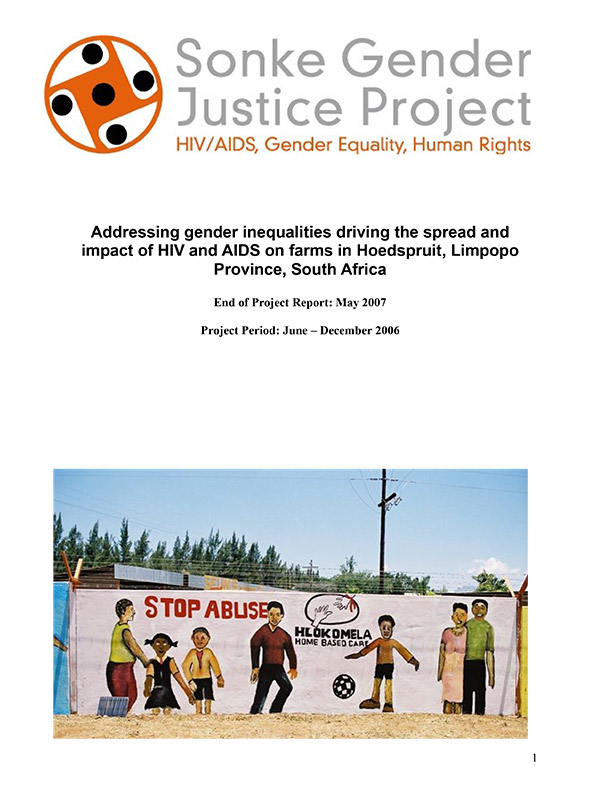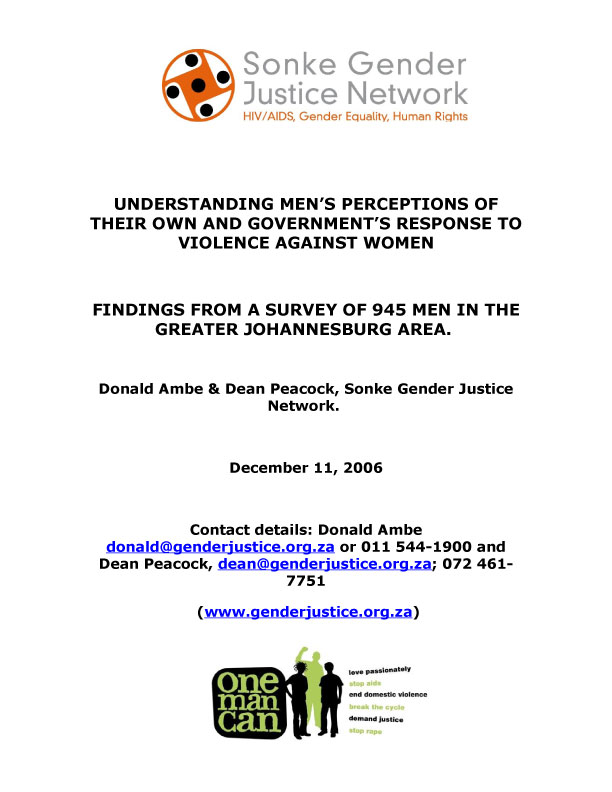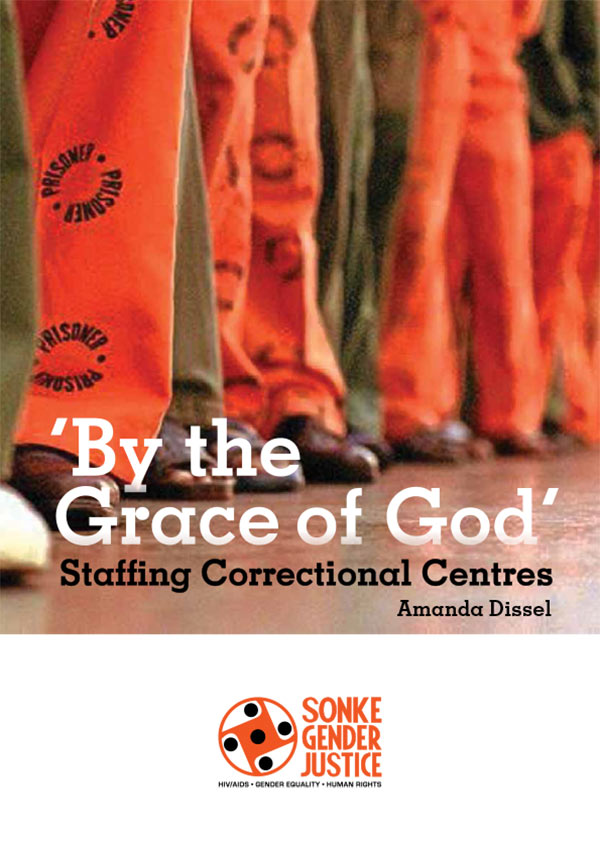The United Nations Population Fund (UNFPA) and Sonke Gender Justice Network’s study on involving men and boys in preventing and responding to gender-based violence (GBV) in conflict, post-conflict and humanitarian settings aimed to document good practice in strengthening programming in this field. In order to address the underlying causes of GBV in stable and unstable settings intervention programmes need to be gender transformative and hence promote equitable relationships, challenge male gender norms and change gender relations.
Many programmes are struggling with achieving gender transformation. Building on community participation for carrying out and managing GBV prevention and response programmes and basing programmes on the lived experiences of the participants is, however, a good starting point in achieving gender transformation. Nonetheless, the study indicates progress since some informants express that GBV has decreased, that men increasingly solve conflicts through dialogue and that changing gender norms allow men to take on traditionally female tasks/roles, and this results in changed behaviours that promote gender transformation. Furthermore, conflict, post-conflict and humanitarian settings provide a chance to re-negotiate attitudes, behaviours and values. It is therefore an important window of opportunity for engaging men and boys in a gender transformative way to deal with GBV across the continent.
